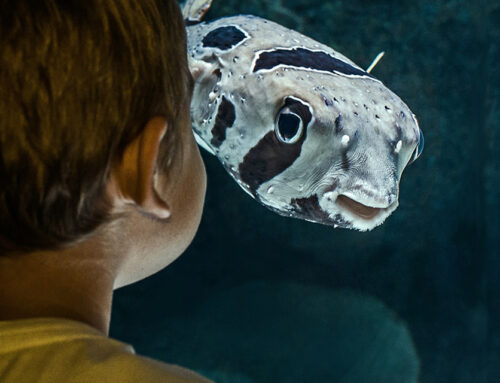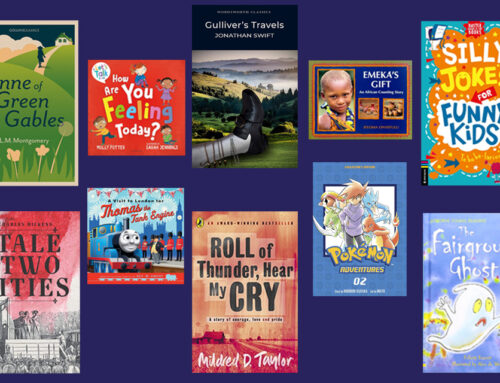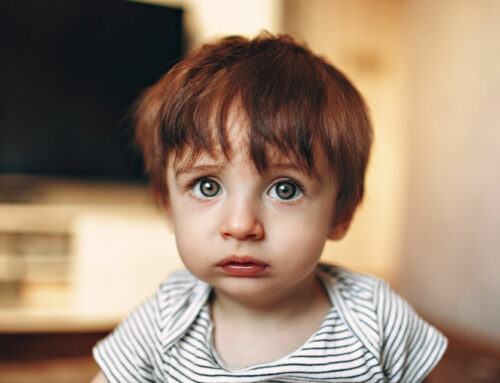If you’ve attended one of the Big Family Weekends, or an Explorer Group event, you may have noticed that our children can be completely different in personality. Research has found that, from a young age, a child’s position on the scale of introvert-to-extravert can be identified. Intriguingly it has been observed that children with high learning potential (HLP) are more likely to be introverted than the general population1. However, it is important to note that personality traits like introversion are not fixed; they can change according to the situation and evolve throughout life. That said, with the uniqueness of your HLP child, the traits discussed below can be a useful starting point to recognising and understanding their temperament.
The Introverted HLP Child
Below are some traits often found in introverted children, regardless of ability:
- They find social situations demanding, and may need to spend time on their own to recharge.
- They avoid noisy group situations, although they aren’t necessarily worried. Shyness manifests as anxiety when meeting someone new, but introverts often aren’t shy.
- They come across as serious or cautious around new people.
- They enjoy time alone and value quiet (yet some children can be chatty).
- They are reflective and consider situations and events more cautiously or deeply.
- They may pretend to be loud in order to fit in with their peers, yet prefer the friendships of just a few or one person.
- They may dislike an activity which involves them being “on show” e.g. drama.
How adults can help an introverted HLP child:
- Encourage them to express themselves by helping them initiate an activity with similar children and finding people with whom they feel comfortable.
- Involve them in the creative arts which can provide opportunities to be solo without being a loner, or in an individual sport.
- Accept that there’s nothing wrong about needing time alone and encourage them to feel this too when friends think that they should be sociable all the time.
- If they’re dismayed about a big social gathering, help them to see that they can enjoy a party or event without being the life and soul of the party.
- No matter what their age, a park or other natural setting can provide enjoyment.
- If classroom-based group activities are a problem, see if their teacher can delegate a role which suits their inner strength – for example, being a reflective observer or the main researcher.
- Allow them some time to answer a question and expect to hear a considered response rather than the thought process that led to it.
Introverted children benefit from sympathetic responses that accept their differences and help them to value themselves. For more information see advice sheet PA511 Introversion and High Learning Potential and share the BBC Ideas video The Quiet Power of Introverts with your introvert.
The Extraverted2 HLP Child
- gains energy from being around other people
- energy evaporates when alone, or the child can become bored
- prefers to play with other children
- speaks impulsively, without consideration first
- thinks best by discussing it with others
- may find it difficult to sleep after a party
- can be viewed as a leader because they talk so much but are less good at listening
- could be seen as “over the top” by other children.
How adults can help an extraverted HLP child:
- Support your child by providing them with opportunities to unwind.
- Homework is usually a lonely task, but if you’re nearby they’ll feel better and may want to bounce ideas off you.
- Encourage them to try a meditation app such as: https://www.stopbreathethink.com/
- Look at ways to improve the length of period they can concentrate on a single activity, as this will be needed in their later school years and beyond.
- Encourage your child to accept that introverted peers will be quieter, and that they should give them a few moments to think before expecting an answer.
Advice sheet PA616 Describing Feelings covers emotions that you can chat about together, with vocabulary for both the introvert and extravert child.
Somewhere in the Middle?
Like many aspects of personality, intro/extraversion can be measured on a scale, with extremes located at either end. In the middle, known as ambiversion, people are reasonably comfortable both in groups and while alone. Does your child gain energy and satisfaction from time with and without people? You may find that they switch depending on the situation they find themselves in. There is also a theory that as people mature (as adults), they tend to move in the direction of the centre of this spectrum. Do you agree?
1 “Some gifted researchers have indicated that introversion is more often found in the gifted population compared to the general population. Additionally, they have found that the number of introverts increases as the level of giftedness increases — in other words, more highly gifted people are introverts (Buruss and Kaenzig, 1999).” http://www.2enewsletter.com/subscribers_only/arch_2015_3_Giftedness&Introversion_Sisk&Kane.html
2 Extravert or Extrovert – While extrovert is the more popular spelling of this term, extravert is the correct spellling when used in psychological texts and papers and is therefore used in our advice sheet PA511 Introversion and High Learning Potential and in this article







